George Washington, America's First Director Of Military Intelligence
Nonfiction, History, Military, Weapons, United States| Author: | L-Cmdr Michael S. Prather | ISBN: | 9781782896500 |
| Publisher: | Golden Springs Publishing | Publication: | August 15, 2014 |
| Imprint: | Golden Springs Publishing | Language: | English |
| Author: | L-Cmdr Michael S. Prather |
| ISBN: | 9781782896500 |
| Publisher: | Golden Springs Publishing |
| Publication: | August 15, 2014 |
| Imprint: | Golden Springs Publishing |
| Language: | English |
George Washington, as Commander-in-Chief of the Continental Army led this nation to victory and independence in the American Revolution. Victory was facilitated by his direct and effective use of intelligence sources and methods.
During the American War for Independence, intelligence information regarding location, movement, and disposition of British forces allowed the Continental Army to fight on its own terms and stymie British efforts to quell the revolution. General George Washington, as Commanding General of the Continental Army, was aware of the value of intelligence in the proper conduct of military operations. Washington literally became America’s first director of military intelligence. He directed the operations that were conducted, and performed his own analysis. The Continental Army’s effectiveness in intelligence includes examples of the proper use of espionage, counterintelligence, communications security, codebreaking, deception, operational security, surveillance, reconnaissance, reporting and analysis. Time after time, the Americans were properly prepared with good intelligence ultimately resulting in independence from the British. These intelligence successes can be directly attributed to the direction of George Washington and the actions of his operatives.
George Washington, as Commander-in-Chief of the Continental Army led this nation to victory and independence in the American Revolution. Victory was facilitated by his direct and effective use of intelligence sources and methods.
During the American War for Independence, intelligence information regarding location, movement, and disposition of British forces allowed the Continental Army to fight on its own terms and stymie British efforts to quell the revolution. General George Washington, as Commanding General of the Continental Army, was aware of the value of intelligence in the proper conduct of military operations. Washington literally became America’s first director of military intelligence. He directed the operations that were conducted, and performed his own analysis. The Continental Army’s effectiveness in intelligence includes examples of the proper use of espionage, counterintelligence, communications security, codebreaking, deception, operational security, surveillance, reconnaissance, reporting and analysis. Time after time, the Americans were properly prepared with good intelligence ultimately resulting in independence from the British. These intelligence successes can be directly attributed to the direction of George Washington and the actions of his operatives.


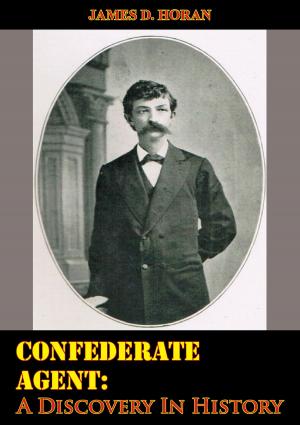
![Cover of the book The Chancellorsville Campaign, January-May 1863 [Illustrated Edition] by L-Cmdr Michael S. Prather](https://www.kuoky.com/images/2015/november/300x300/9781786254405-4yNI_300x.jpg)
![Cover of the book Artillery Employment At The Battle Of Gettysburg [Illustrated Edition] by L-Cmdr Michael S. Prather](https://www.kuoky.com/images/2014/august/300x300/9781782893943-pbeA_300x.jpg)
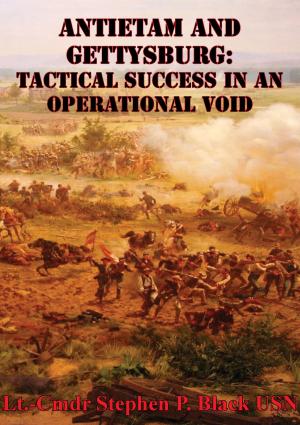


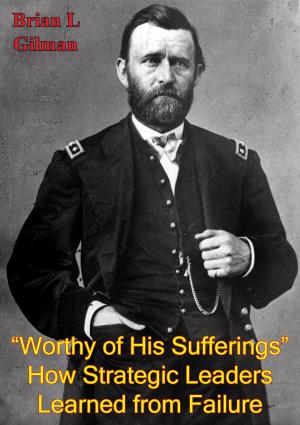
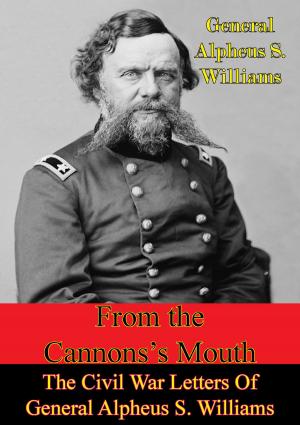
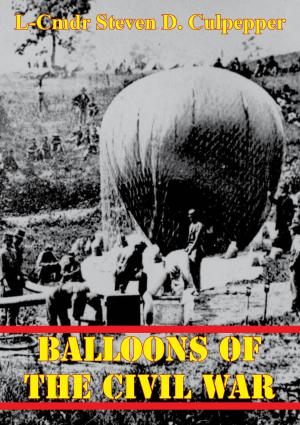
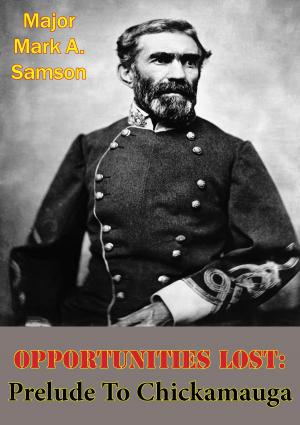
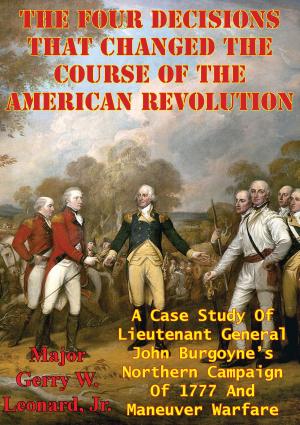
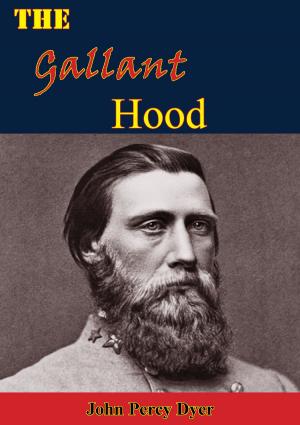

![Cover of the book Recollections Of A Confederate Staff Officer [Illustrated Edition] by L-Cmdr Michael S. Prather](https://www.kuoky.com/images/2014/august/300x300/9781782895299-wepu_300x.jpg)